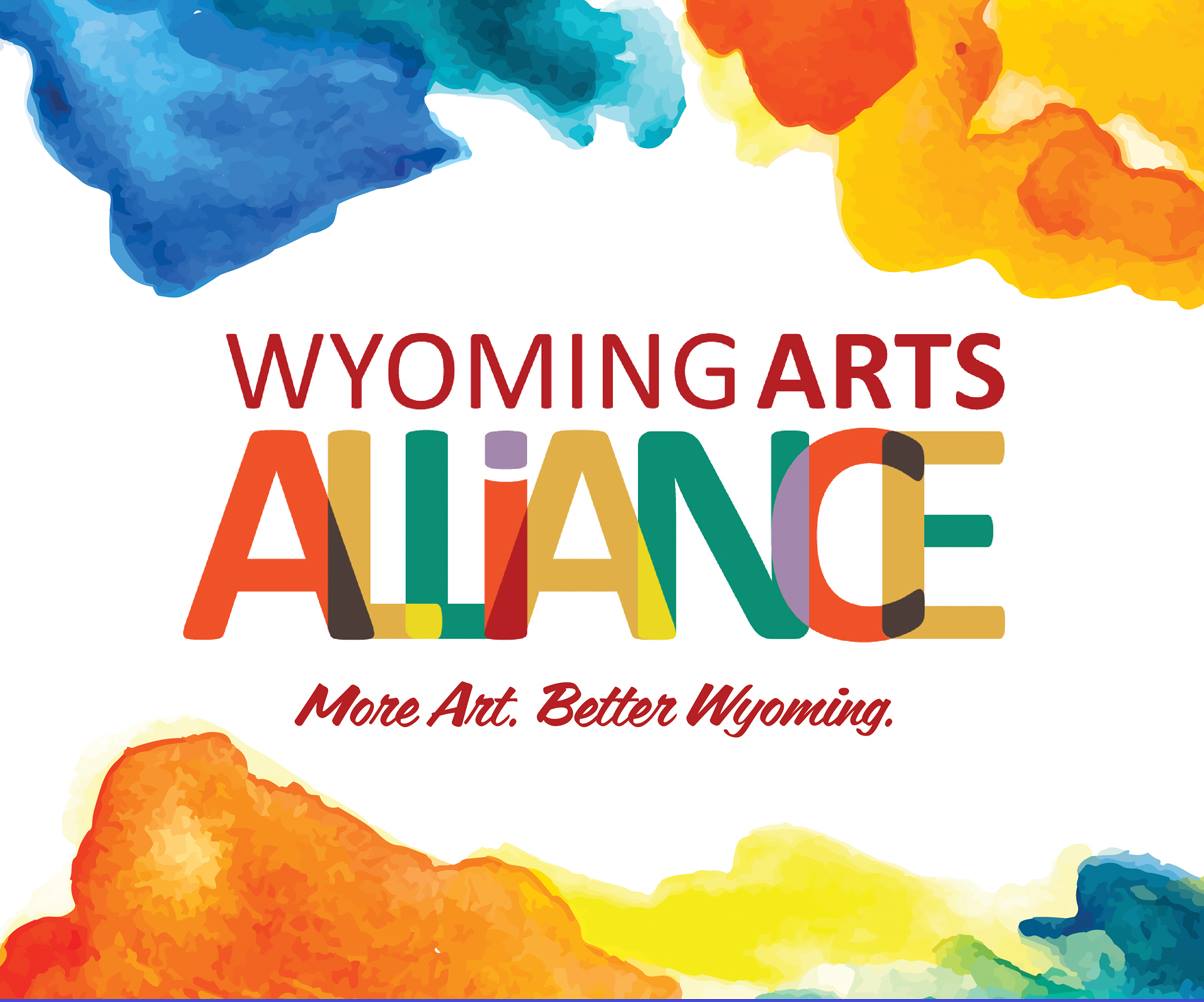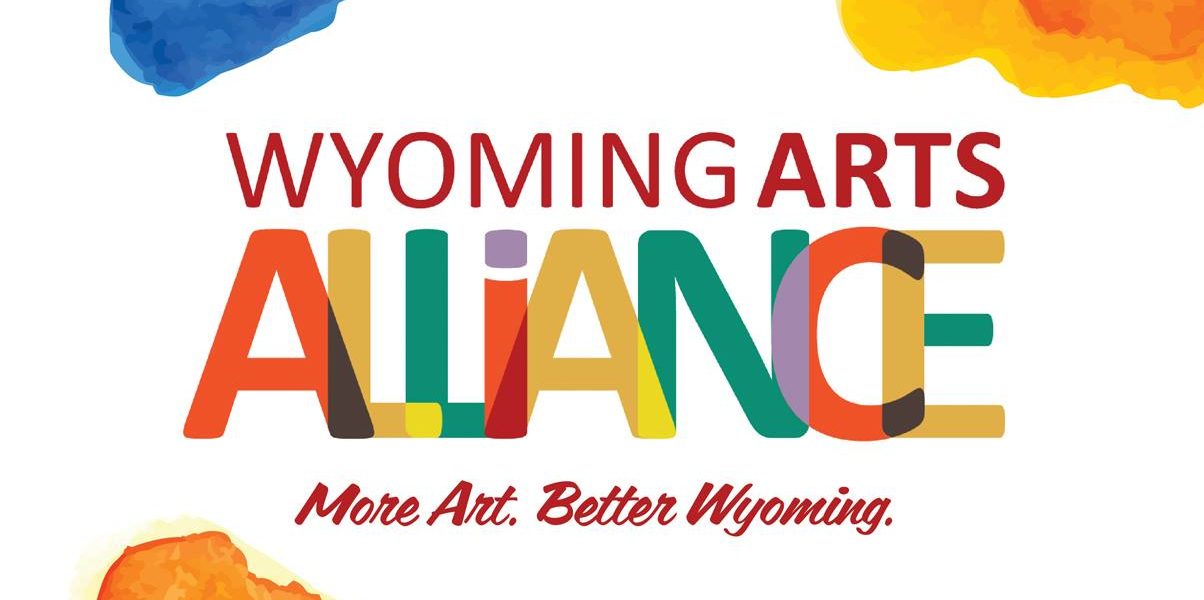
By Trina Dennis Brittain
Rocket Miner
Via- Wyoming News Exchange
ROCK SPRINGS — There was a sigh of relief among representatives for public libraries and art institutions as the sponsor of an obscenity bill suggested that her draft “be put on hold’ during the senate education committee meeting on Wednesday, Feb. 1, at the state capitol in Cheyenne.
Before the bill took a dive, Sen. Cheri Steinmetz, R-Lingle, explained that her bill, “Promoting Obscenity-Educational Exception Repeal,” (SF177), “just repeals the exemption for libraries and school teachers from obscenity statutes.”
Steinmetz described obscene as “material that depicts or describes sexual conduct in a patently offensive way to the average person” and “taken as a whole, lacks serious literary, artistic, political or scientific value.”
Any person who produced, reproduced, possessed or disseminated obscene material as part of “bona fide school, college, university, museum or public library activities, or in the course of employment of such an organization” would have been at risk of a criminal punishment, if SF177 had passed.
Steinmetz explained to the committee that there was a gathering at Little America hotel in Cheyenne regarding “the issues that came up in our public libraries of this year across the state and across the country.”
She said that the bill was “brought up as a possible solution that would make them more comfortable about what was being proposed in libraries and in our schools.”
“There were a lot of questions from them about why we’re exempting this particular section of people,” Steinmetz said. “I realize it’s not a simple issue. We’ve had a lot of emails on it as to why this is good policy.”
Chairman Charles Scott (R-Casper) mentioned that universities need to have access to certain materials that will help with research and help educators teach students in areas such as criminal law and medicine.
Scott also pointed out that university students are adults and should have access to certain materials for their education.
Steinmetz agreed, saying that to her, “that is a scientific value,” and admitting that the bill needs to “be cleaned up” for higher educational purposes and mental health research.
Andrew Schneider, director of operations for the Wyoming Arts Alliance (WyAA), spoke against SF177.
“Museums are places where we discuss our past, explore other cultures and have discussions about the topics of the day,” said Schneider. “In our libraries, museums and schools, that’s where our vetting happens.’
Schneider pointed out that the organization already has processes for community standards.
“If we don’t meet those community standards, we don’t get the funding, philanthropy from our community and we’d have to shut our doors,” Schneider said. “It sends a message to those workers that they should get out of Wyoming.”
He added, “We have dozens of museums across the state that do great work for our communities, we’re incredibly valued in our communities and it’s hard enough for us to attract and retain qualified, competent, exceptional workforce.
“This hurts more than it helps.”
Even though Steinmetz had withdrawn the bill, she indicated that she will seek to bring the bill back after the session as an interim topic.
Sen. Scott concluded that the bill “is not ready for primetime” and will not be moving forward.
“We won’t discuss it again during the rest of this session,” said Scott.
Schneider told Rocket Miner that given the lack of understanding demonstrated in the hearing, he thought it was clearly the right decision to withdraw the bill. He also stated that the Wyoming Arts Alliance’s position remains that the bill was and is “unnecessary and harmful.”
“We do not support spending further time pursuing the topic in the interim when there are numerous real issues facing Wyoming’s future,” he said.
In Rock Springs, Debora Soulé, Community Fine Arts Center (CFAC) director, had hoped SF177 would not pass.
She shared with Rocket Miner that for her, “freedom of imagination and expression is the core to our first amendment rights.”
Soulé said, “Being able to see others’ ideas is my right. I do not need those, who are elected to serve the people of my community and state, making decisions on what I can see or read.”
“Our country was founded on freedoms to let its citizens make their choices for themselves,” Soulé added. “As a parent, we can make those decisions for our children until they become capable of thinking for themselves. But penalizing the teachers and librarians for doing their jobs as stewards of knowledge is leading us down a path of censorship.”
As of press time, HB87, “Crimes of Obscenity — Revisions” did not pass. Before the 6 to 3 vote, Chairman Steve Harshman, R-Casper, who voted against the bill said that the bill “is not the right fix.”
RJ Pieper is a CFAC board member who finds bills like HB87 and SF 177 “disheartening.”
“Access to accurate information and freedom of artistic expression are just a couple of the freedoms that led this country to become what it is today,” Pieper said. “Allowing access to art and literature is allowing people to broaden their horizons. These bills do nothing but restrict this access, and legislate personal and parental responsibility.
“If parents don’t want their children to read a specific book, or view a piece of art, then it’s their responsibility rather than just removing access and criminalizing distribution,” he pointed out.
“For a society that claims to love liberty, their selected representation sure seems to want to curtail those liberties,” he said.
“The Worldly Chapel,” a painting that depicts the social climate of Rock Springs in the 1970s, including prostitution, brawling patrons, half-naked dancers, bikers and gamblers, has been on display at CFAC since 1985. Originally acquired by the CFAC in 1978, “The Worldly Chapel” was ultimately stored in the director’s office due to the public outcry over the subject matter. Seven years later, it was re-introduced to the community. The artist was Darryl Newton, a Colorado native who became a Rock Springs resident in 1962.
Through positive and negative comments about the painting, “The Worldly Chapel” has hung on the wall for residents and travelers to see for the past 38 years.
Sweetwater County Library System director Lindsey Travis echoed what Pieper mentioned in regard to parental responsibility to the Rocket Miner.
“HB87 and SF177 would be harmful to libraries because they take the liability for what a child reads off of parents and puts it on librarians,” said Travis. “What is considered obscene and acceptable reading material varies from family to family, which is why libraries have clear policies that state that parents and guardians have control over what books their children check out.
“Libraries don’t restrict access, that’s a parent’s responsibility,” she said.
Travis added, “Removing the exemption for librarians will also restrict a library’s ability to provide materials that are constitutionally protected — such as health resources — meaning community members may not be able to access information they need.”
Conrrado Saldivar, president of the Wyoming Libraries Association (WLA) told Rocket Miner that both bills remove a protection their librarians have for doing the job they were hired to do.
“Libraries have policies and procedures in place that are based on best practices and are approved by the local public library board or school board after public comment,” said Saldivar. “These policies ensure that all issues follow the same process. Additionally, parents already have tools available to monitor or limit what their children can read.”
“We always support a parents’ right to guide what their children read, as long as it does not affect what other parents and children have access to,” Saldivar added. “Parents are welcome to speak with their librarians to learn more about those tools and librarians welcome that conversation.”
“Removing the exemption from prosecution will also impact libraries’ ability to provide constitutionally protected materials on difficult topics or that involve human sexuality,” Saldivar said. “This could reduce or eliminate Wyoming residents’ access to needed educational and recreational information, including novels and true crime books by popular and beloved Wyoming authors.
He mentioned that HB87 also has the potential to spread into other library materials because it amends the definition of child pornography to include “or any other form of depiction.”
“It’s unclear if this would apply to the non-visual depictions of books,” he noted. “If text can be considered ‘child pornography,’ libraries will have to sweep entire collections for any depiction that may fall under the amended definition.”
Saldivar said that at the individual level, WLA fears that this will make it harder for Wyoming libraries to retain and recruit qualified staff.
“Wyoming has a strong and unique library community, but legislation like SF177 and HB87 are causing staff to wonder if the profession is still where they want to work,” he said. “WLA will always push back on legislation that has a negative effect on our members.”





